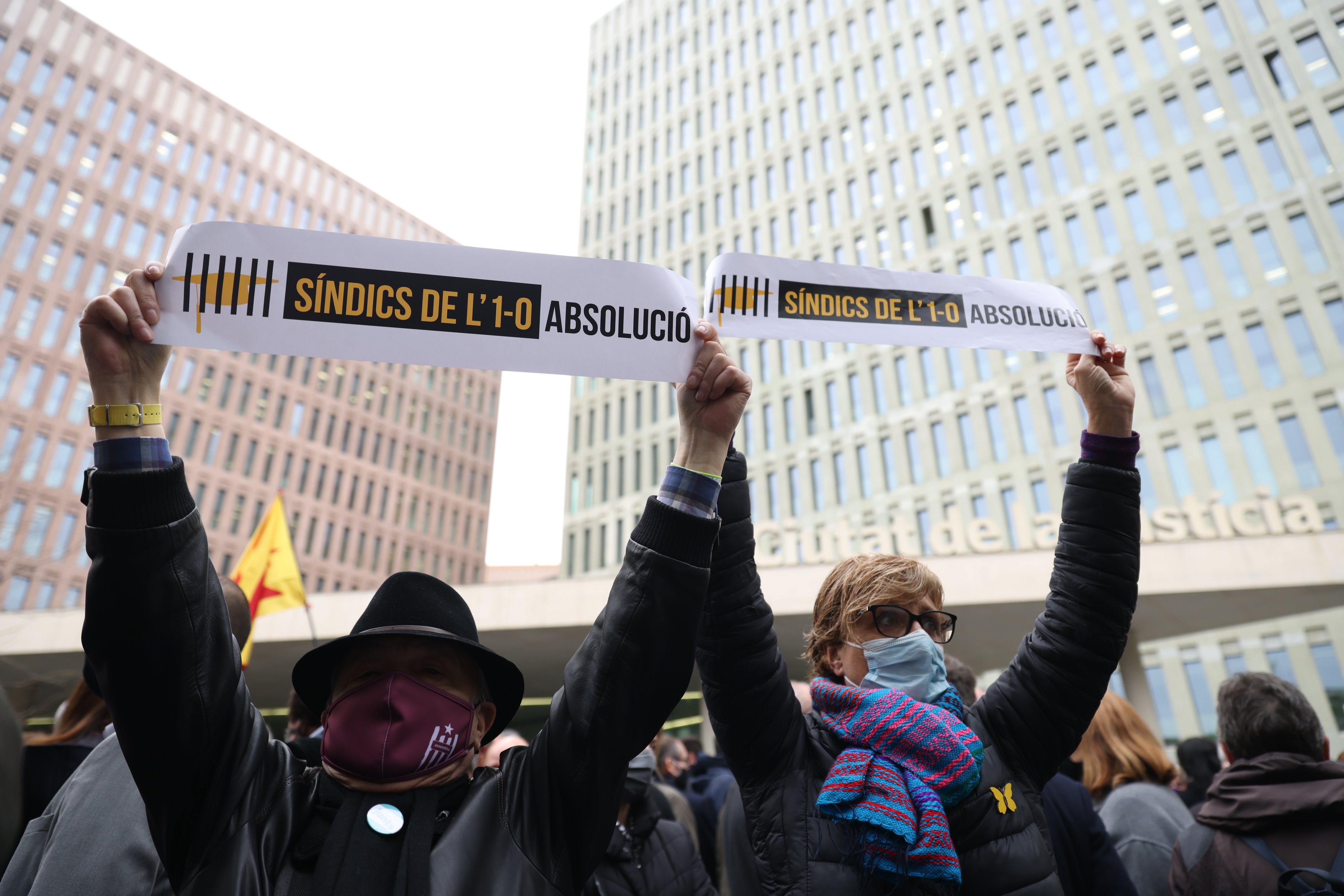The Catalan independence issue is one step away from being the subject of a new trial in Spain's Supreme Court. A public prosecutor in Barcelona has demanded that the five members of the electoral commission for the 2017 Catalan independence referendum should face a retrial in the Supreme Court, since one of them, Josep Pagès, is an MP for Junts in the Spanish Congress, and therefore has partial immunity which means he can only be tried by the highest court. This follows a sequence in which the five referendum trustees were firstly acquitted of charges of disobedience and usurpation of functions in a 2021 trial, and then ordered in July this year to face a retrial on the grounds that the judge of Barcelona criminal court number 11 did not interpret the evidence correctly. Now, the prosecutor has asked the Barcelona court to refer the case to the Supreme Court. In his report, he states that "everything must be prosecuted in the same case for those with partial immunity and those without, because there is a material connection between the actions attributed to those with partial immunity and those without", the Barcelona prosecutor's office told ElNacional.cat. After his trial last year, Pagès became a Spanish MP on March 9th, 2021 due to a resignation, while his colleague on the 2017 referendum commission, Tània Verge, also obtained a form of partial immunity when she was appointed as Catalan minister for equality and feminism, on May 25th, 2021. The protection from prosecution afforded for these two politicians is different: for Verge, it would be sufficient to try her in the Catalan High Court (TSJC), but the prosecutor's view is that all five of the commission members have to be tried together, and thus it must be in the Supreme Court.
The prosecutor seeks two years and nine months in prison for the offences of disobedience and usurpation of public functions for each of the five commission members. In last year's acquittal decision, the judge held that "it is not proven that they gave any instruction or order or that they met again after the provisions issued by the Constitutional Court", in which it ordered the commission to take no action to advance the planned Catalan independence referendum towards fruition. Now, the same Barcelona court will have to decide what to do. The other three electoral trustees are: University of Barcelona (UB) political science professor Jordi Matas; UB administrative law professor Marc Marsal, and Girona lawyer Marta Alsina.
Avoid contradictory resolutions
In her report, the prosecutor explains that the five defendants, as members of the Electoral Commission of Catalonia, and as a collegiate body, had the power to adopt and take certain decisions aimed at the proper functioning of the 1st October 2017 referendum, "with all five defendants participating in the agreements adopted". And she adds that the splitting up of the trial on the basis of their different immunity statuses "would generate the risk of incurring contradictory resolutions and giving heterogeneous answers to identical facts". To avoid such contradictory resolutions, the prosecution requests a joint trial.
That is to say, the three who have no partial immunity could, in theory, be tried in the same Barcelona court number 11, with Verge having to appear at the TSJC and Pagès in the Supreme Court. This division of the case was the procedure used in the disobedience trial of the members of the 2017 Catalan Parliamentary Bureau, with the majority of members tried in the TSJC, and Joan Josep Nuet, in the Supreme Court.
"Deficient" construction of conclusions
In the appeal sentence of July 7th at which the retrial was called, the Barcelona Audience states that while respecting the legal doctrine that the proven facts are "untouchable", in the resolution there are passages of "internal contradiction". It added that "the poor construction of the proven facts" justifies the prosecution's call for nullity of the verdict, among other measures, provided for in the legal discipline to challenge acquittals.
An example of the internal contradiction was the court's detailing in the judgment that "on the same day, September 8th, 2017, the official website of the Generalitat de Catalunya publishes resolution 4/17 which announces the agreement of the Electoral Syndicate of Catalonia under which the members of the territorial electoral commissions were designated", and it later adds: "However, it has not been sufficiently proven that the defendants designated these people as members of the territorial electoral commissions".
The court, in addition, agreed with the prosecutor that in the verdict no comparison was made between "the exculpatory statements of the accused and the objective content of the documents (Constitutional Court communications and resolutions) that are cited". For this reason, the Barcelona Audience called for a retrial under another judge.

